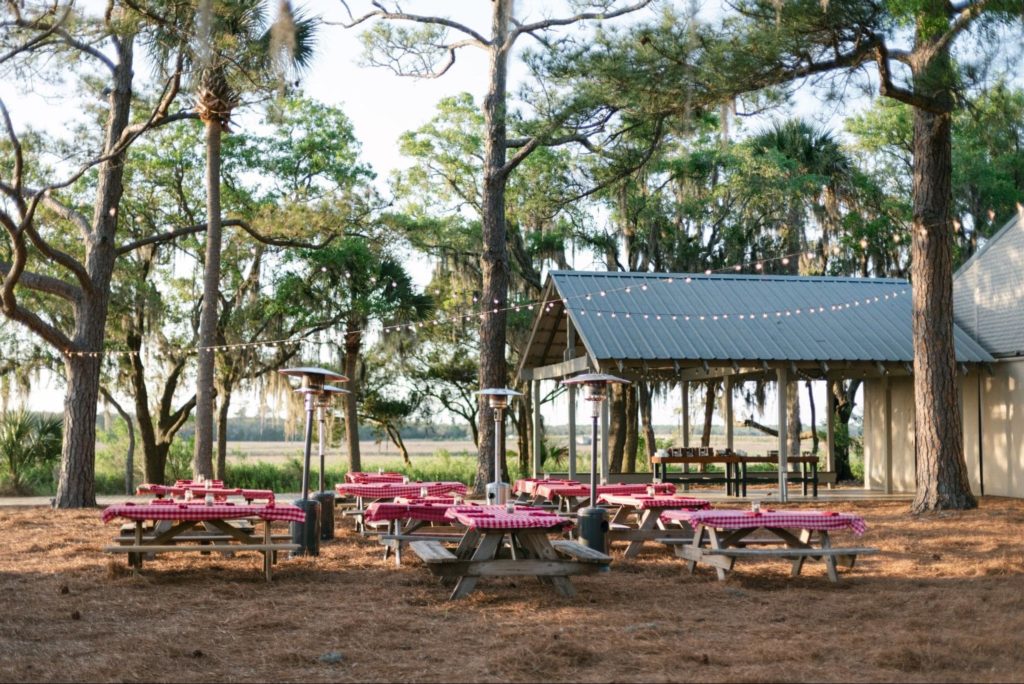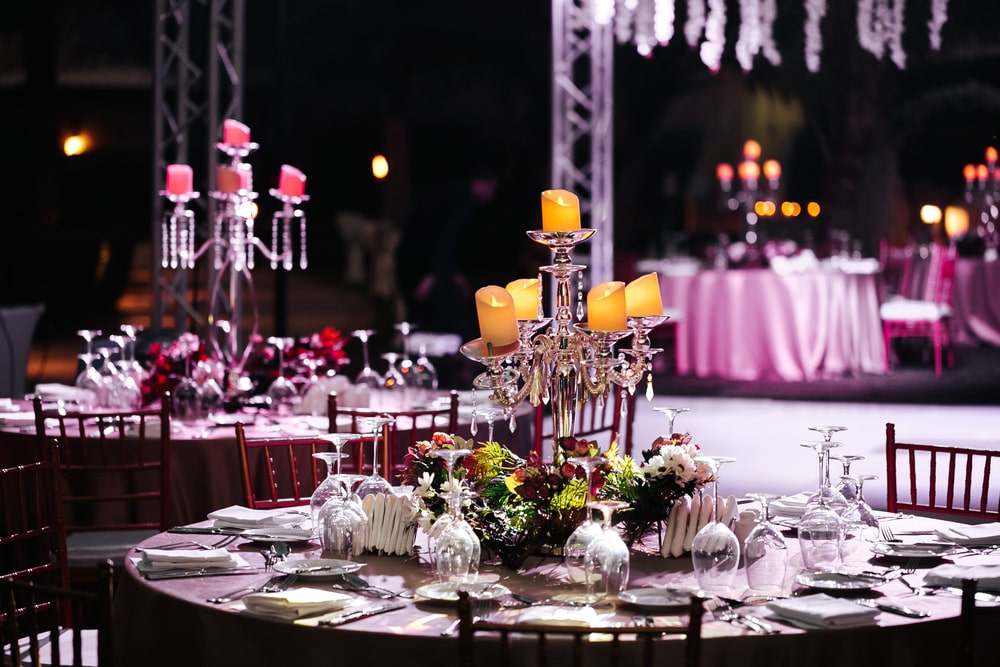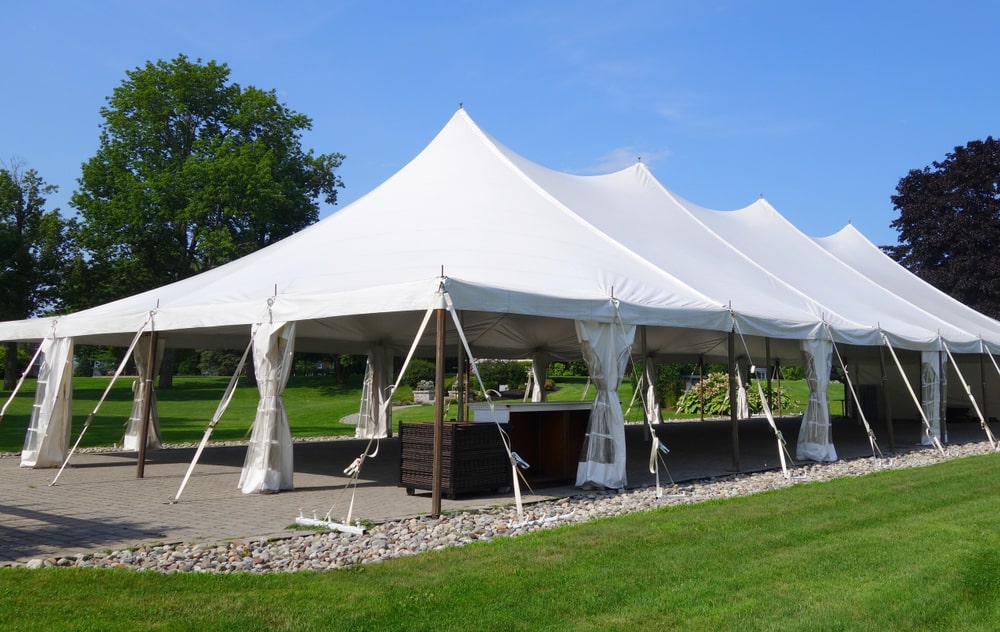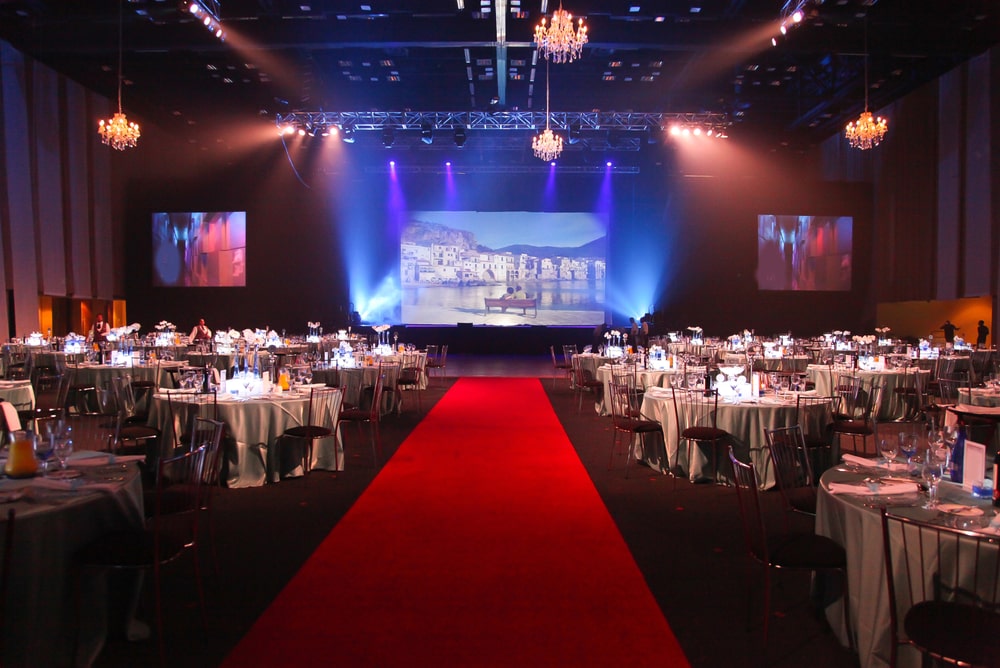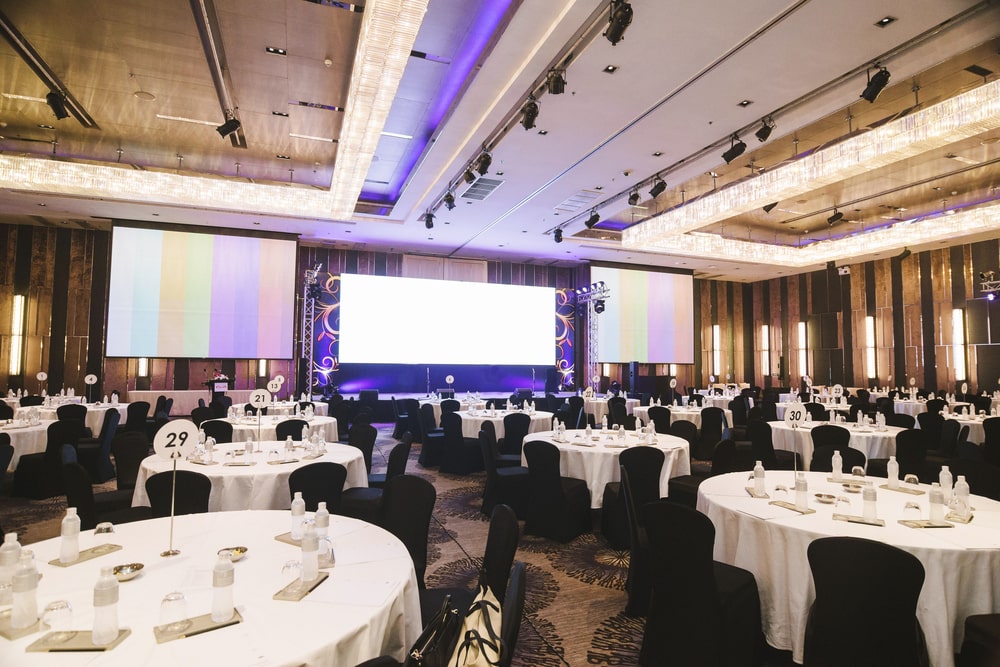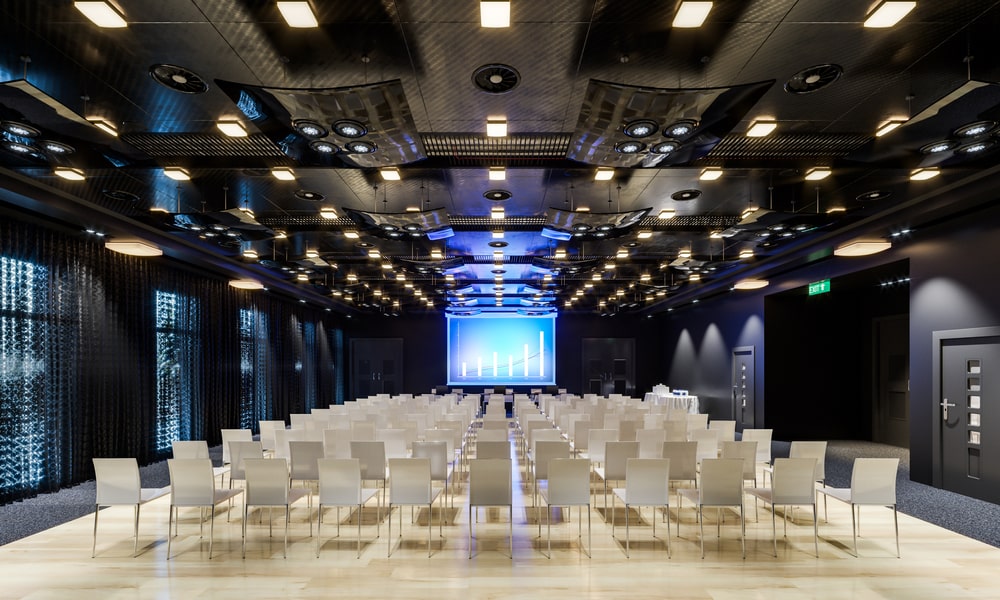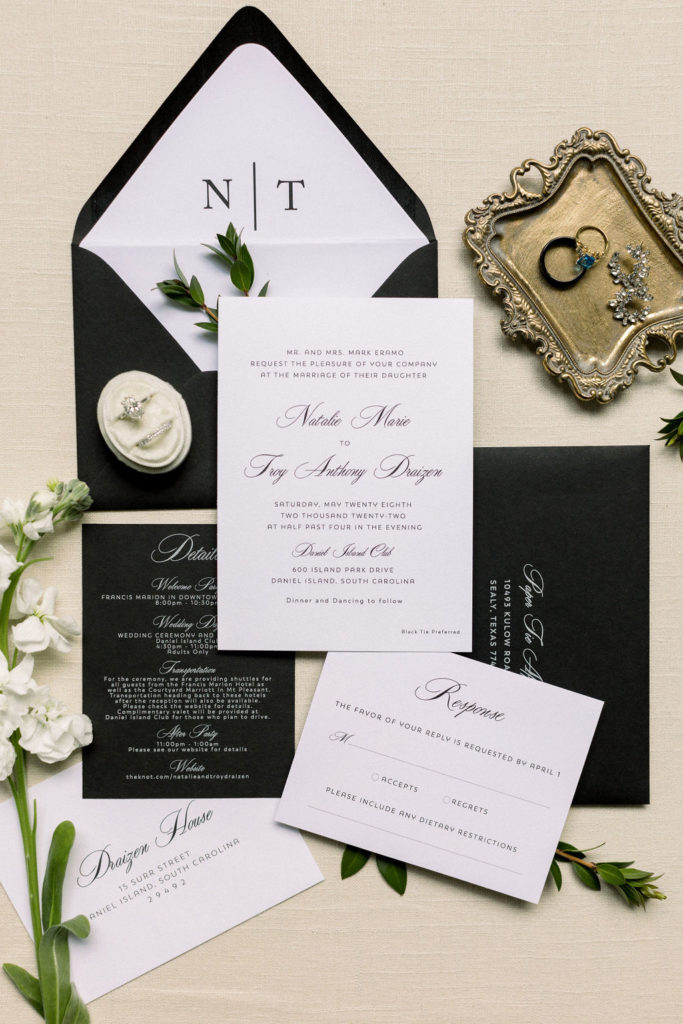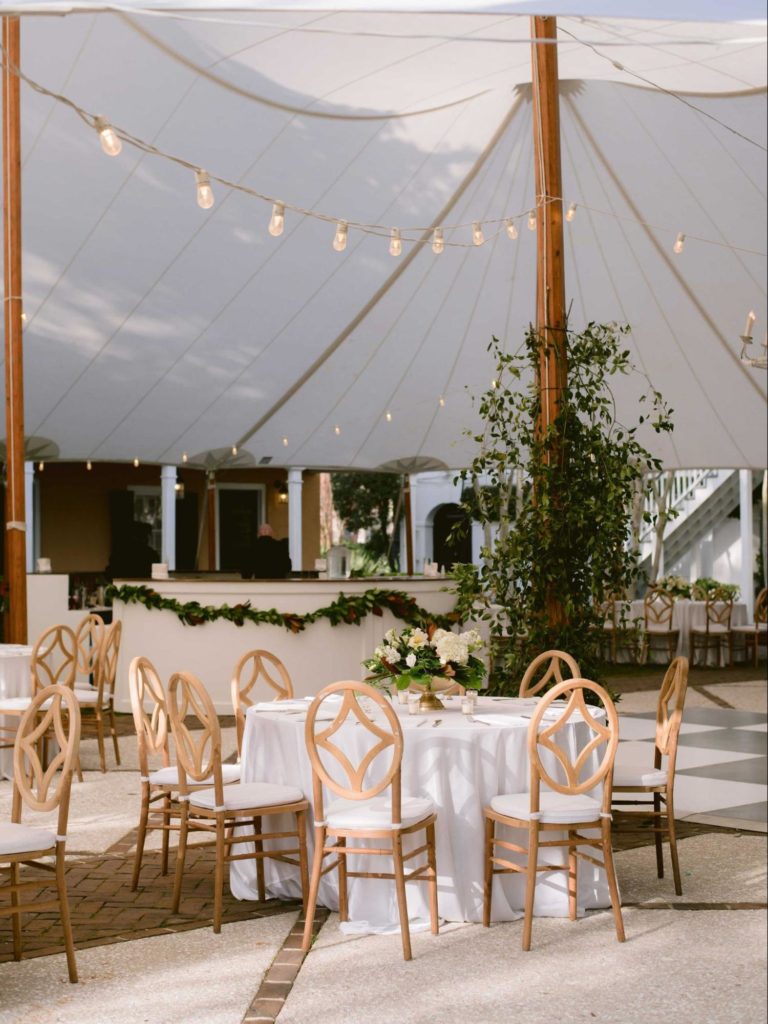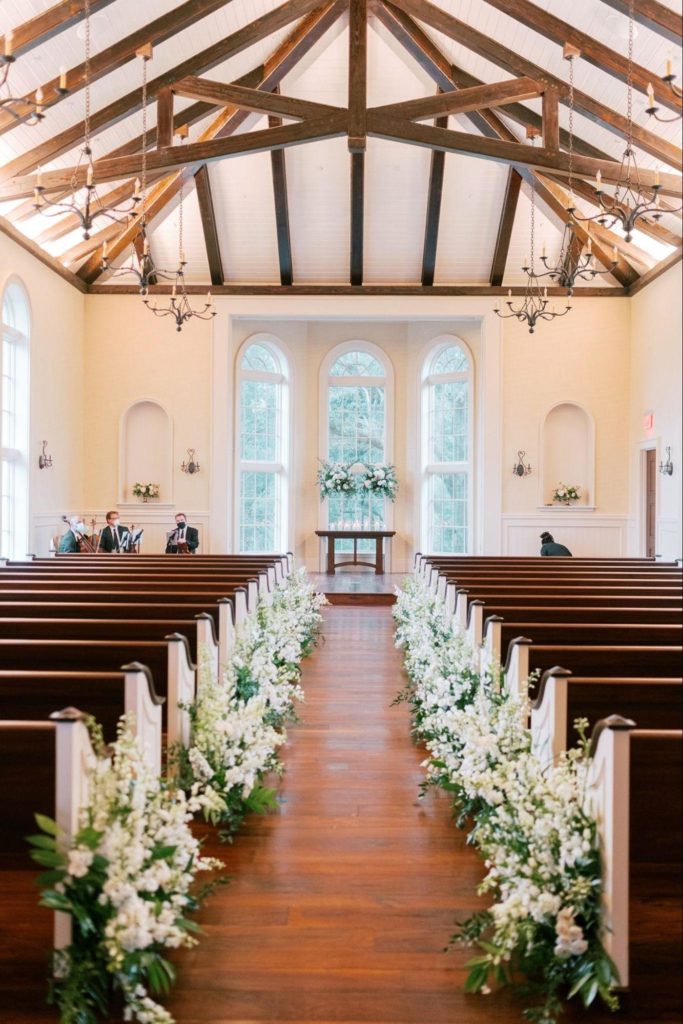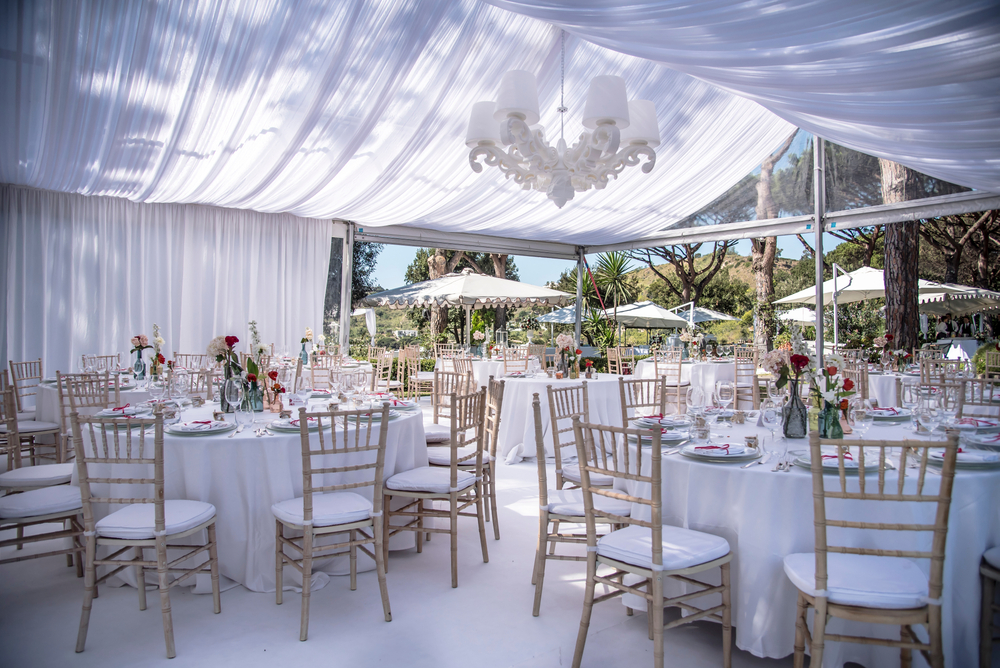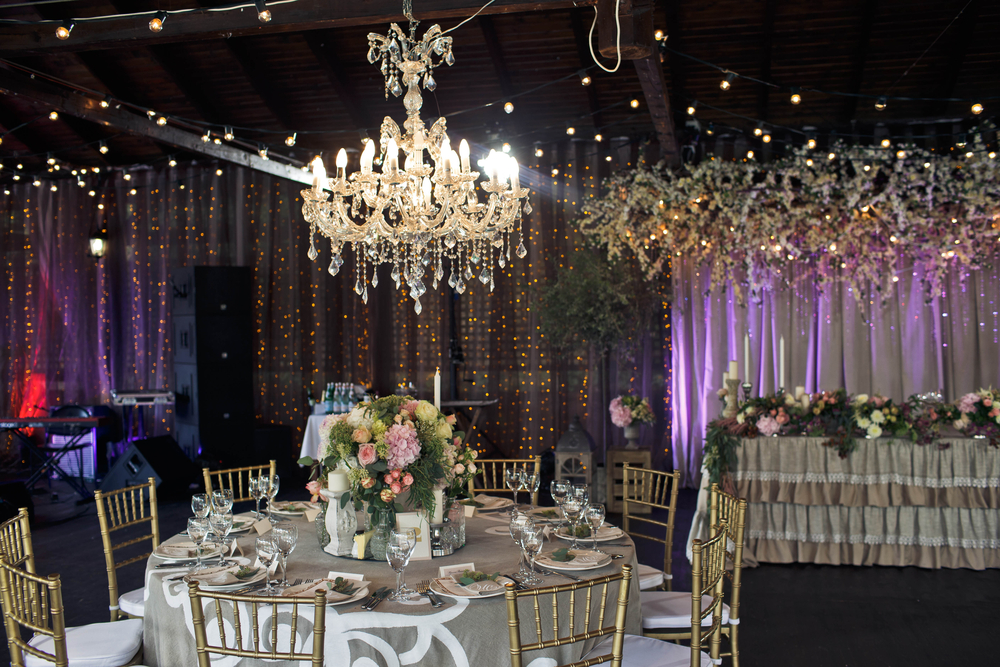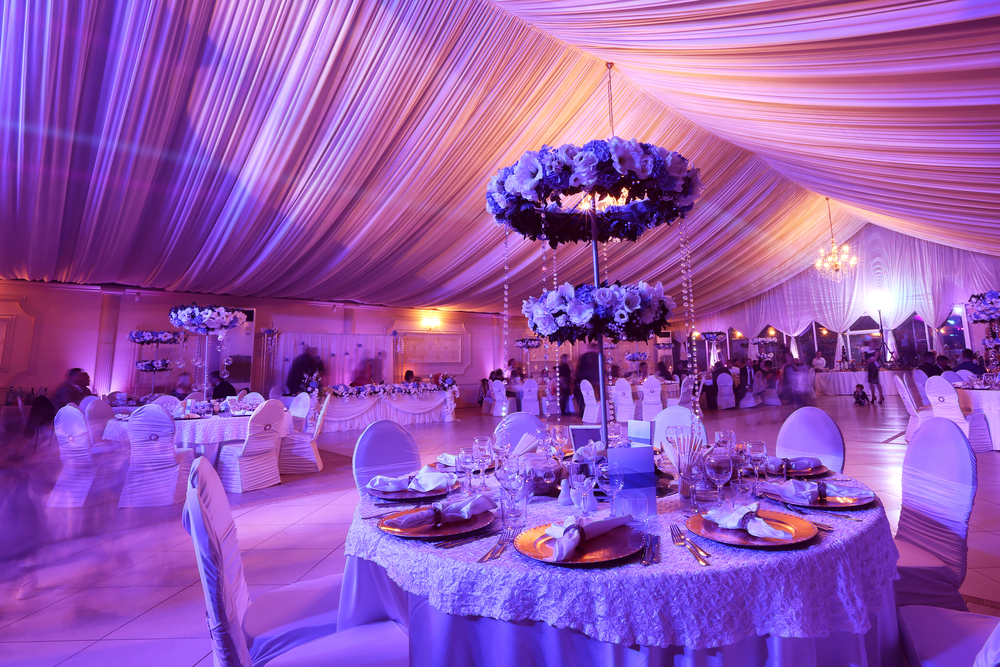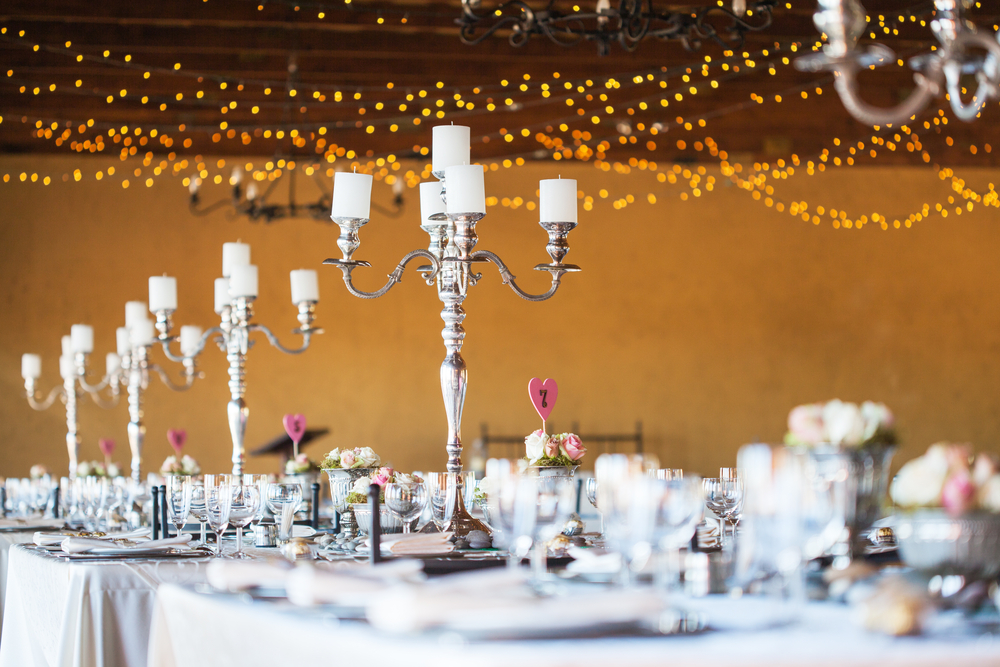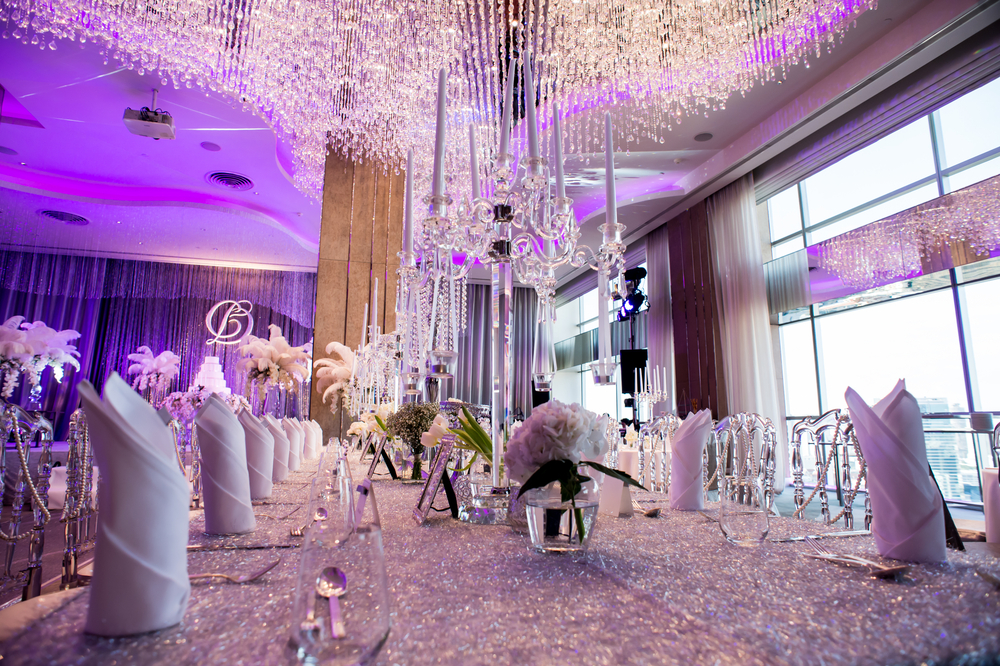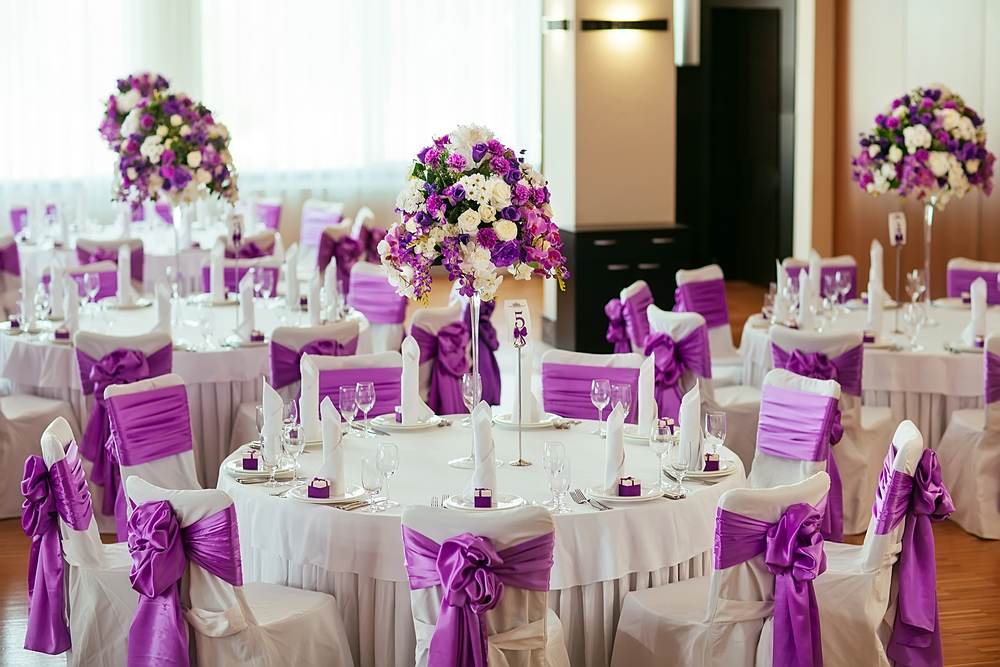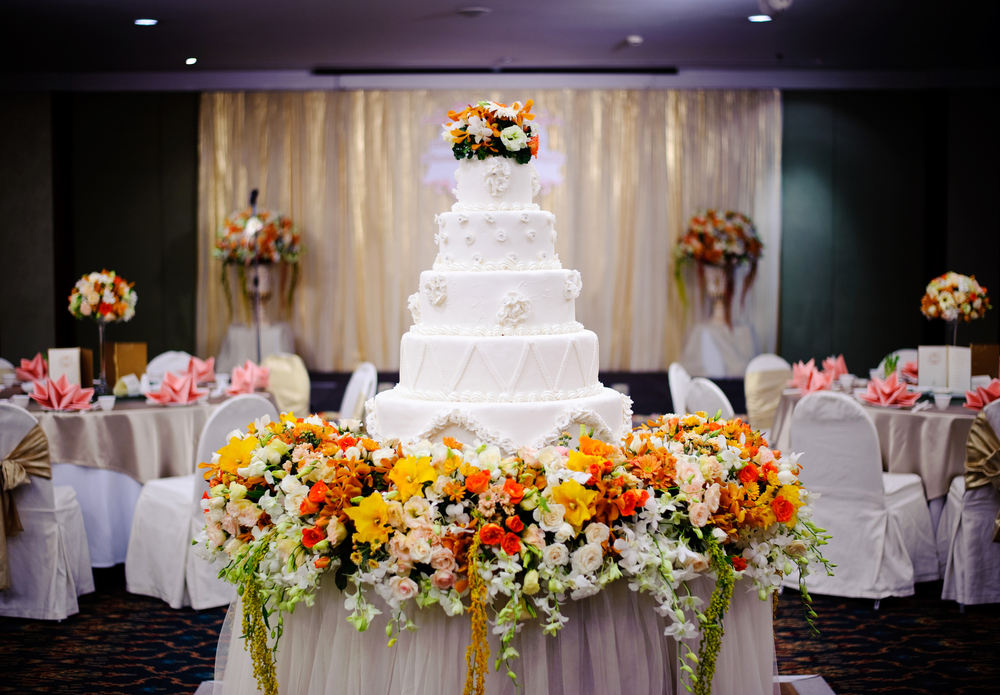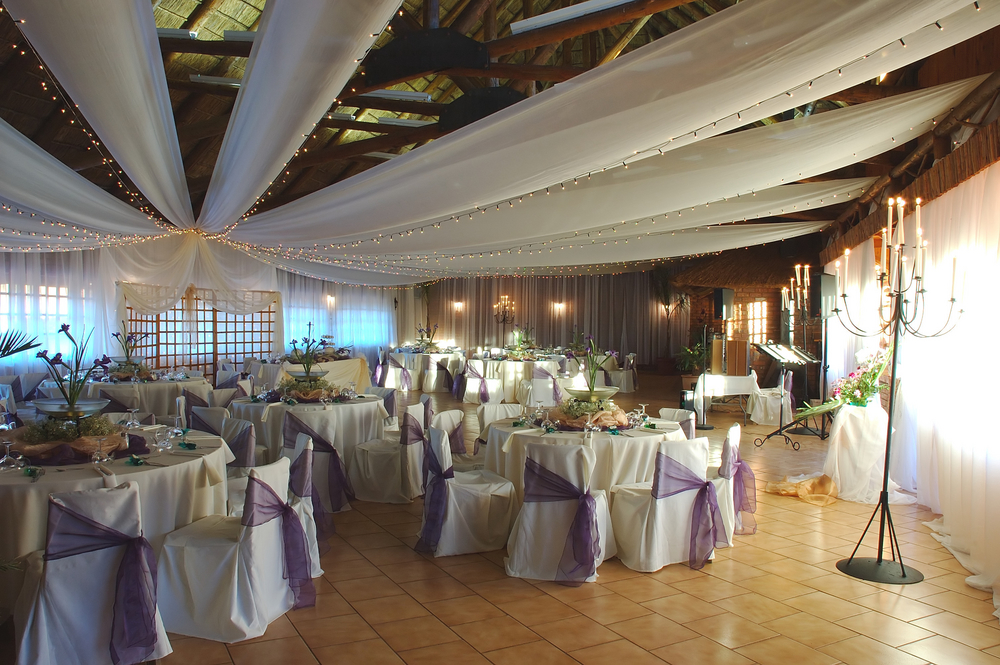
Events are usually all fun and games. But when it comes to corporate events, there is much more at stake. Those numbers on the budget sheet represent not just dollar signs but also the reputation and success of a company. That’s why it is crucial to have a plan before diving into the details.
This blog post will provide an overview of corporate event planning. We’ll explain why budgeting is perhaps the most important aspect and offer tips on efficiently allocating funds.
You might think budgeting for a corporate event is as simple as booking a venue. You’d be wrong. When planning a corporate event, there are six key elements to consider:
Event Infrastructure
Infrastructure is usually the most expensive aspect of event planning. It includes everything inside the venue. Technical equipment, furniture, decor, and even food and beverage all fall into this category.
Target Audience
Your target audience can vary greatly depending on the event. Are you inviting clients, investors, employees, or a combination? Knowing your audience helps shape the infrastructure and overall tone of the event.
The budget you might spend on one group may differ significantly from another. Additionally, you need to account for marketing and communication to reach the target audience.
Attendees
Attendees are those who actually show up at the event. The number of attendees can affect the accommodations, venue and catering budget. It’s essential to estimate how many people will attend, but remember that there may be last-minute additions or drop-outs. Play it safe and budget a little extra.
Organizers
You’ll also have to pay for event organizers, such as event planners or coordinators. These individuals are responsible for bringing all the elements together and ensuring the event runs smoothly. Whether you hire outside help or delegate tasks to employees, this is a substantial cost to keep in mind.
Venue
Of course, the venue is also a crucial aspect of any event. The location and size will affect the cost and any extra amenities, such as parking or on-site catering. Visit a few venues before making a decision and compare prices.
Media
Any type of media coverage or documentation also requires a budget. That could include photographers, videographers, and even social media marketing leading up to the event.
The Importance Of Budgeting Your Corporate Event
Are you thinking of winging it and just allocating funds as needed? We wouldn’t recommend it.
“Budgeting is crucial for a successful corporate event. It helps ensure that funds are being spent efficiently and allows for unexpected expenses. For starters, it’s just good business practice.”
Budgeting allows the company to track expenses and see where they can save money in the future. Additionally, a strict budget provides room for profit. You might even have money left over that can be used for follow-up events or allocated to other company areas. Budgeting enables you to set and reach financial goals for the event.
Finally, something might go wrong before the event. Budgeting allows room for mishaps and ensures you can handle them without breaking the bank. Otherwise, you risk promising more than you can deliver and disappointing attendees.
How To Create A Corporate Event Budget

Now that we’ve established the importance of budgeting let’s dive into how to create one. The following steps can help get you started:
Understand Your Event Goals
First and foremost, you need to understand the goals for your event. Think about the type of experience you want your guests to walk away with. Are you trying to improve company morale or attract investors? This decision will affect the budget allocation and help determine the most critical investments.
“Maybe you want your employees to feel appreciated, so you may invest more in catering and entertainment rather than technical equipment. Or perhaps networking with potential investors is the priority, in which case you would allocate more funds to venue and media coverage.”
Knowing your goals beforehand will make the rest of the budget planning process much smoother.
Set A Ballpark Figure
A ballpark figure is another kind of goal you can set for your event. It sets a limit for total expenses and helps determine how much can be spent on each event element. Ideally, you would have a maximum budget and try your best to stick to it.
“Try to avoid getting bogged down in the details at first. Just have a rough estimate and adjust as needed during the planning process.”
To calculate a ballpark figure, you’ll need to familiarize yourself with the estimated expenses for each aspect of the event. There is no need to call for quotes but gather some rough numbers. Then, add up the estimated expenses for each category to generate a total amount.
Compare Your Event To Similar Ones
It’s helpful to look at similar events within your industry or even ones outside it for reference. How much did they spend on venues, catering, entertainment, etc.? If you have colleagues who have planned events before, ask them for advice and budget tips. Pick events with similar themes or goals to yours and see where they allocated most of their funds.
“You can also use online resources such as event planning blogs or forums for budgeting advice.”
Do Your Research
Likewise, do plenty of research on individual vendors and venues. Use any discounts or deals available, such as booking a venue during the offseason or using an employee discount for catering.
“Get quotes from a few options before making a decision. Also, ask about hidden fees or extra costs that may not be apparent.”
Research is probably the most time-consuming step, but it can also save you a lot of money in the long run. You can find most information online, but feel free to pick up the phone and talk directly with vendors.
Create A Balance
Now that you have all the information and estimates, it’s time to create a balance sheet. It will help organize your expenses and track your spending. You can categorize the expenses by type, such as venue, catering, entertainment, etc., or break them down further (decorations, music, lighting).
It’s important to update your spreadsheet regularly as you make purchases and adjustments to the budget. Make notes of any changes or negotiations with vendors, such as a discount on venue rental or an added cost for additional equipment. This step will help you stay on top of expenses and prevent surprises.

Estimate Total Costs
Once you have all the information in your spreadsheet, add the expenses to estimate your total cost. This number can be compared to your initial ballpark figure and adjusted as necessary. It’s important to also budget for any unexpected expenses that may come up during the planning process.
While it may be tempting to skimp on certain expenses to save money, always keep in mind the goals and theme of your event. Cutting corners may not ultimately serve the event’s purpose or leave a negative impression on attendees.
“Finally, remember taxes and fees. They may not be the most exciting part of the budget, but they are necessary expenses to consider. Otherwise, you’ll end up with an inaccurate total cost.”
Trim The Fat
Once you have your total cost, it’s time to start trimming the fat and finding ways to save money.
“Are there any expenses that can be eliminated or lowered? This event isn’t just about sticking to a budget; it’s also about being smart with your money.”
Consider alternative options for certain expenses. Remember to prioritize the goals that you established in the previous steps. Only cut expenses that will not affect the overall vibe you’re going for.
Prepare For The Unknown
Even with careful planning and budgeting, unexpected expenses can still arise during the event planning process. Setting aside a portion of your budget for these surprises is vital—factor in things like weather, technical difficulties, last-minute changes, etc.
Having a backup plan is helpful in case something goes wrong. A list of alternative vendors or venues you can turn to in an emergency is also a good idea. Your second option might be more expensive, but that’s why it’s important to have a contingency budget in place.
“The more prepared and flexible you are, the smoother your event will go.”
Factor In Your Revenue
Remember to factor in any revenue that may offset your expenses. There are plenty of ways to generate income for your event, such as ticket sales. Charge each attendee a small fee to cover some of the expenses and make it a more exclusive event.
You can also look for sponsorships or partnerships with companies that align with your event’s theme. Offer them opportunities for advertisement and promotion during the event in exchange for their contribution to the budget. Alternatively, you can offer them product placement or a booth at the event.
Calculate!
At last, your spreadsheet should be filled with your estimated expenses and potential income. Add them up to see where you stand in terms of the budget. If you have any extra funds left over, consider putting them towards upgrades or added amenities at the event. You can also save them for future events or donate to a relevant charity or cause.
“If that’s not on the table, pocket the remaining funds for a job well done.”
Get Approval
Depending on where you stand in the company hierarchy, you may need to run your budget and expenses by higher-ups for approval. Be prepared to present and defend your choices and offer solutions for any issues they may bring up.
“Once you have the green light, it’s time to start bringing your event to life!”
Track Your Spending
As you start booking and renting, keep track of your actual expenses and compare them to your spreadsheet. If you find yourself steering off-budget, analyze where and why before making any changes to your plans.
“It’s not always possible to stick perfectly to the budget, but staying organized and aware of your spending will ensure you don’t go overboard.”
Measure Your Event’s Success
Finally, there will come a time when the event has wrapped up and all the bills have been paid. It’s time to measure its success. Look at your budget and compare it to the expenses incurred. Did you come in under or over budget? Did you reach your key performance indicators?
Evaluate all aspects of the event, from the success of your planning process to attendance rates and general satisfaction. These metrics will inform your future event planning and help you improve and succeed.
Get Some Help From Curated Events
It’s no secret that renting your tents, furniture and decor can from a reputable company such as Curated Events can save you considerable money and headaches. But with the overwhelming abundance of rental companies and options out there, how do you choose the right one? Search no further than Curated Events.
Curated Events is a one-stop shop for all your event rental needs. Our professionals have been hard at work organizing luxury events for decades. We will work with you to bring your vision to life within your budget. We have everything from furniture and lighting to linens and tabletop decor.
Contact us today to see how we can make your event a smashing, stylish success.


